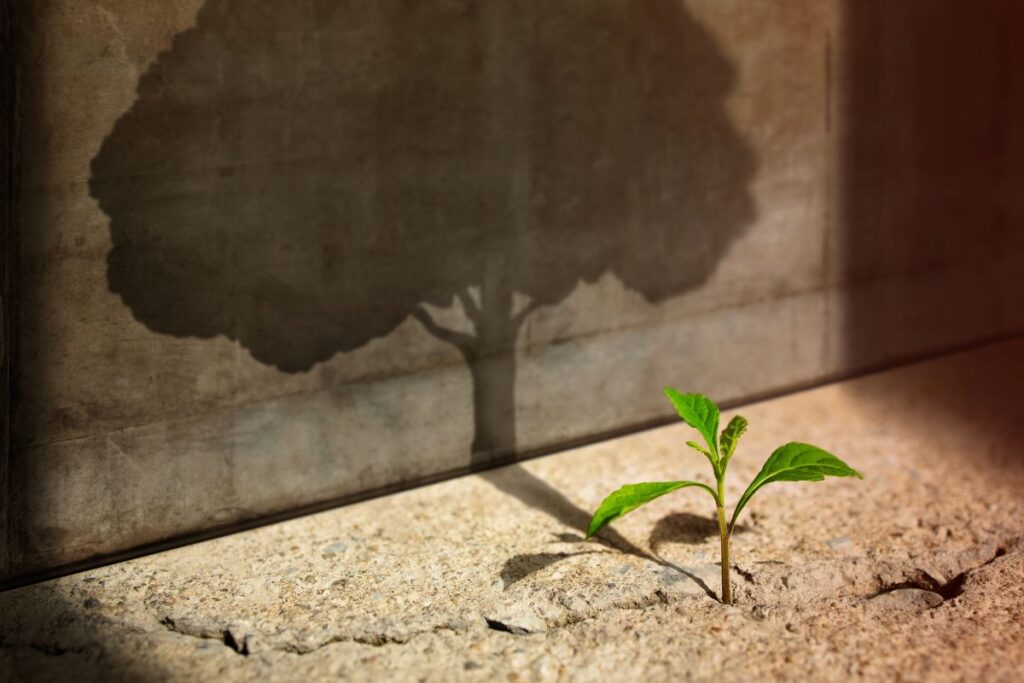
Fig trees may no longer bloom, or vineyards produce grapes; olive trees may be fruitless, and harvest time a failure; sheep pens may be empty, and cattle stalls vacant—but I will still celebrate because the Lord God saves me. The Lord gives me strength. He makes my feet as sure as those of a deer, and he helps me stand on the mountains. To the music director: Use stringed instruments. Habakkuk 3:17-19
Habakkuk 3:17-19 tells us that though nothing useful is happening in the outside world, yet I will exalt and rejoice in the God of my salvation. The writer experienced tremendous joy and praised God in spite of the difficult circumstances on the outside. His praises were not dependent on what God gives or doesn’t give, nor was it dependent on the external environment. He chose to rejoice in the goodness of God.
Timothy Keller describes the account of Alan Gardiner, a trained naval officer and missionary who arranged a mission trip in the year 1851. However, they were shipwrecked on an island. Subsequently, he and all who travelled with him died of starvation. Interestingly, the last verse recorded in his journal was from Psalm 34:10 which says, “those who seek the Lord lack no good thing”. The very last line in his journal, beneath that verse, was, “I am overwhelmed with a sense of the goodness of God.”
How do we view God? Do we say He is good only when He does something good for us, answers prayers and does what we ask? As we learn from Alan Gardiner’s journal, even in the midst of extreme circumstances, he chose to believe that God is good. Habakkuk experienced this assurance even when there was no fruit or cattle.
Rejoicing in God is not necessarily determined by the good things God has given us. In the midst of our situation let us continue to rejoice in the truth that God is good, He is wonderful. His kindness, love, grace, justice all portray that He is good. I can still rejoice and worship Him no matter what my circumstances are.